Celebrate Bastille Day

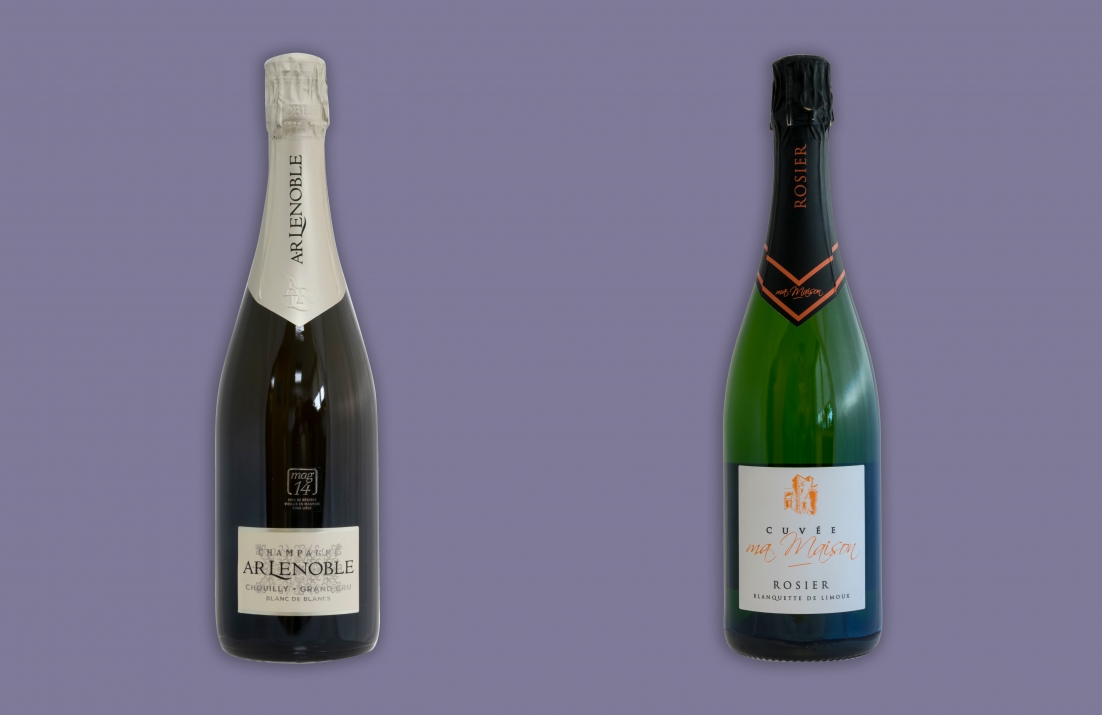
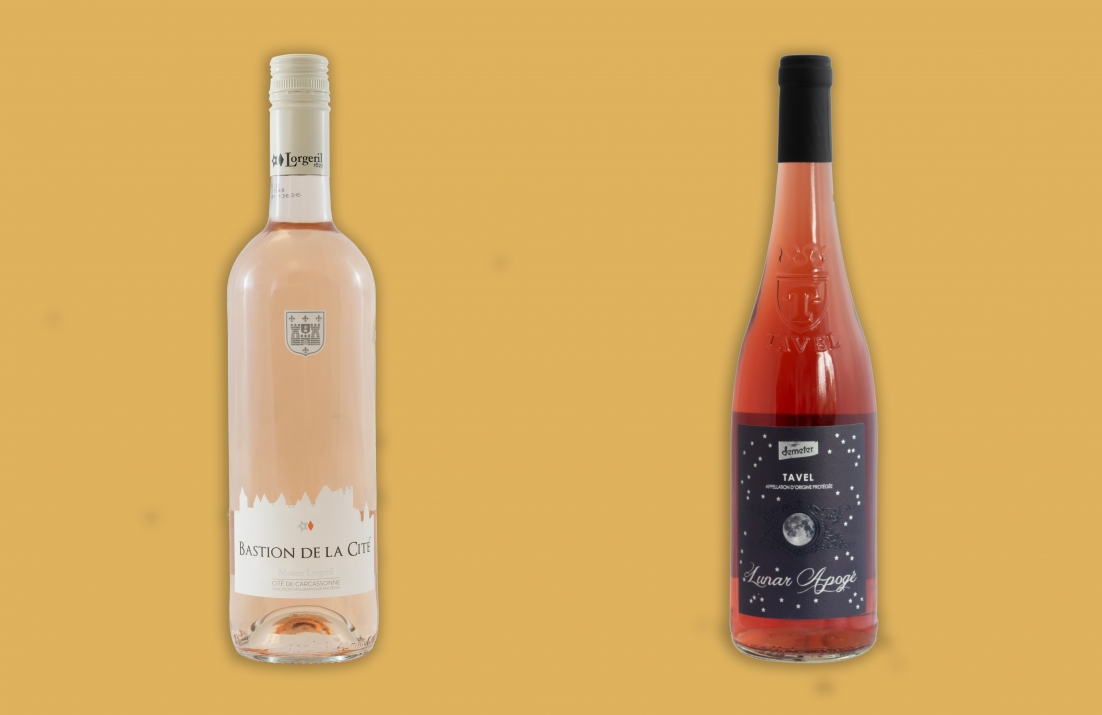
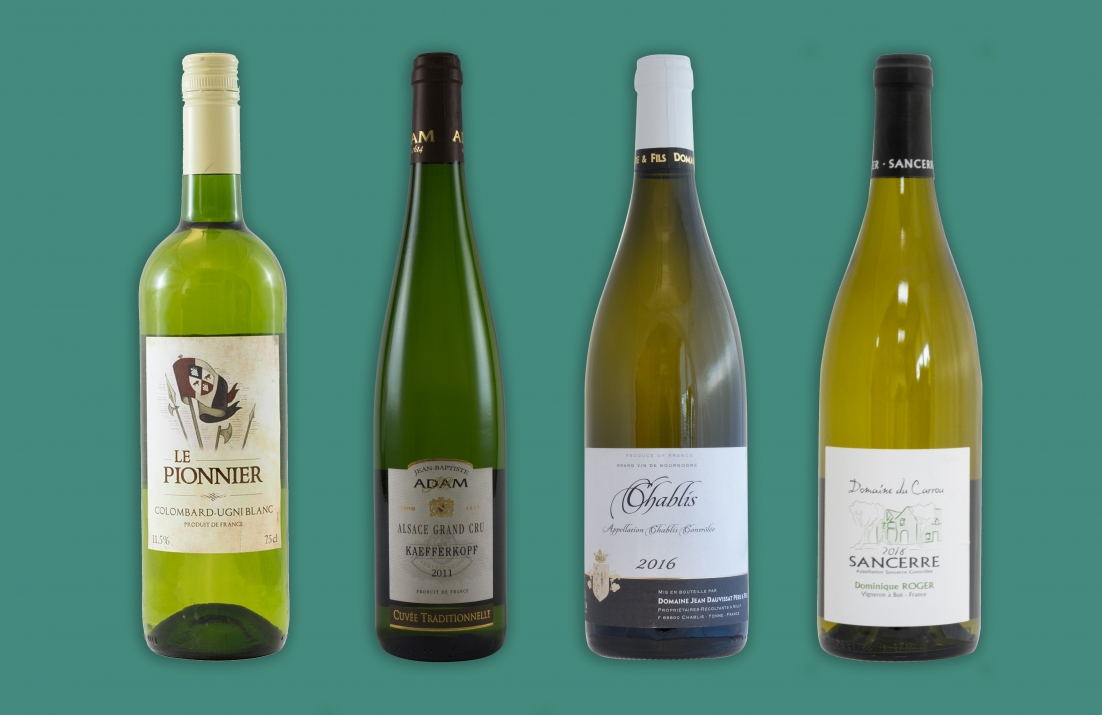
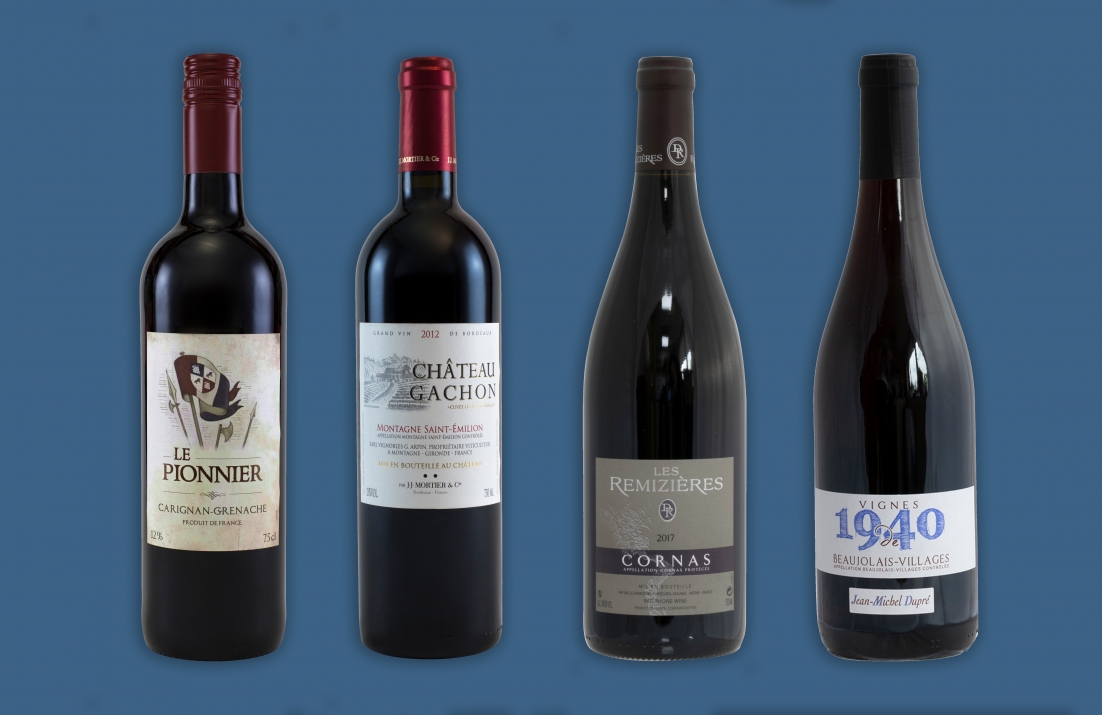
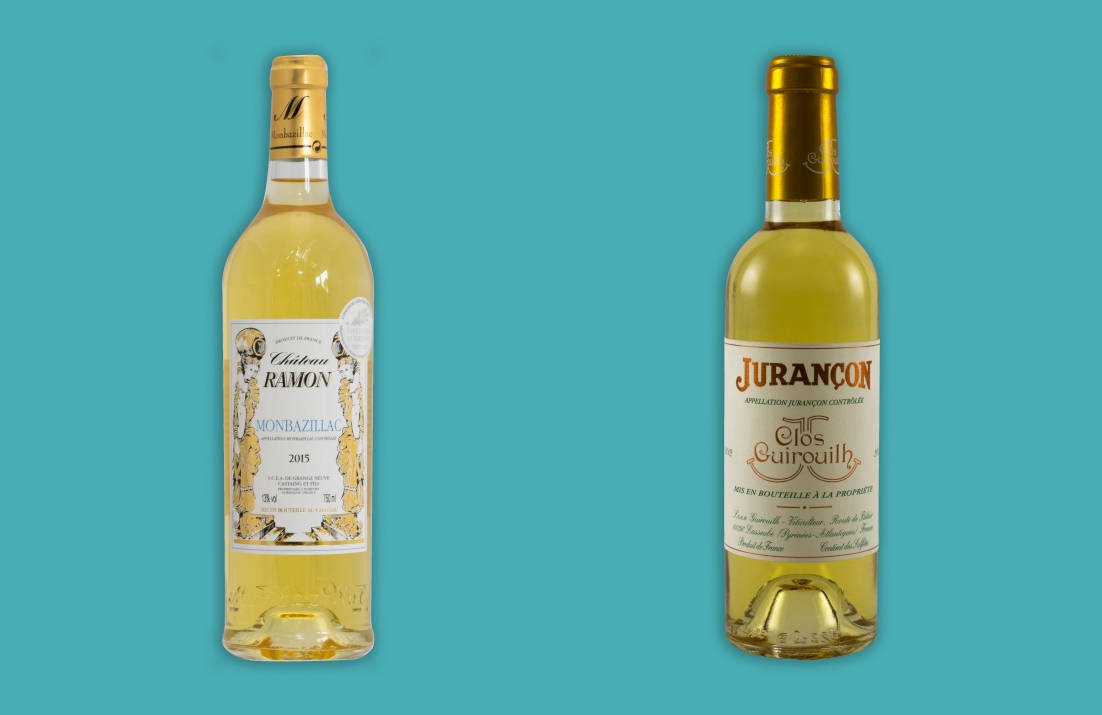
We are celebrating Bastille Day, this coming Sunday by tasting our way through a cherry-picked selection of 14 wines from all over France.
Bastille Day is the national day of France, which is celebrated on 14 July each year. In French, it is formally called la Fête nationale ("The National Celebration") and commonly and legally le 14 juillet ("the 14th of July"). The French National Day is the anniversary of Storming of the Bastille on 14 July 1789, a turning point of the French Revolution, as well as the Fête de la Fédération which celebrated the unity of the French people on 14 July 1790. Celebrations are held throughout France. The oldest and largest regular military parade in Europe is held on the morning of 14 July, on the Champs-Élysées in Paris in front of the President of the Republic, along with other French officials and foreign guests.
So what better way to kick off the celebrations, than with some fizz…
Champagne AR Lenoble Grand Cru ‘Blanc de Blancs’ ‘Mag 14’ NV, Champagne
AR Lenoble was founded nearly 100 years ago in 1920. Still family owned by sister-and-brother team Anne and Antoine Malassagne, the great-grandchildren of founder Armand-Raphaël Graser. AR Lenoble owns 18 hectares in three prime locations in Champagne. Chouilly, Bisseuil and Damery. 100% of the Chardonnay used to craft their wines comes from the Grand Cru village of Chouilly while 100% of the Pinot Noir comes from the Premier Cru village of Bisseuil. Pinot Meunier comes from the village of Damery.
Produced entirely from Grand Cru Chardonnay from vineyards in the village of Chouilly, aged in the cellars for a minimum of four years and includes 35% reserve wine. Golden colour with the greenish tints so typical of a Blanc de Blancs, with extremely fine bubbles and delicate foam. On the nose the first impression is floral, followed by rich aromas of white fruit. Buttery and round on the palate, with a very long lasting finish. Awarded 90 points by Robert Parker in April 2018.
Blanquette de Limoux Ma Maison Brut NV, Languedoc
Domaine Rosier was established in 1982 by Michel and Renza Rosier. They moved from their native Champagne to the Languedoc in order to set up their Domaine. They completely restructured the vineyard which had been planted entirely with Aramon vines. They replanted with Mauzac, Chardonnay, Chenin and Pinot Noir; the classic varieties of the region. Now son Nicolas has joined his father in the viticulture/winemaking side of the business.
This delicate sparkling wine is a pale lemon in colour with the classic apple notes of Mauzac on the nose. The palate has an elegant mousse and notes of apple peel, white peach, pear and white blossom. Very fresh with a zesty acidity and a long, floral note on the finish.
With the weather set to be sunny this Bastille Day, a glass of chilled rosé would make the perfect accompaniment to dining al fresco, we have chosen two here – one, a Provence style rosé from the Languedoc, and a biodynamic rosé from Southern Rhone.
Bastion de la Cite Rose 2018, Languedoc
Established under Louis XIII in 1650, the Chateau de Pennautier forms the heart of the Lorgeril estate. The Domaine comprises of 340 hectares, mainly in the Cabardes region of northern Languedoc, close to the medieval city of Carcassonne. Miren and Nicolas de Lorgeril, direct descendants of the first Marquis de Pennautier, are the tenth generation of the family to make wine here.
From the sunny, south-facing lower slopes of la Montagne Noire with breath-taking views from all sides of the snow-capped Pyrenees, the Massif Central to the north and the famous medieval city of Carcassonne. This delicate pink rose is made by the famous winemaker, Patrick Leon of Ch. d`Esclans. The nose has classic hints of red berries and floral aromas. The palate is crisp and clean with raspberries, redcurrants and white blossom, well balanced with a fresh citrus acidity and a fruit forward finish.
Tavel Rose `Lunar Apoge` Domaine des Carabiniers 2017, Southern Rhone
In the 14th century, the papal community lived in Avignon (Palais des Papes) and the region was guarded by Italian mounted guards - the Carabinieri. Since that time, the area has been known as `Carabiniers`. Domaine des Carabiniers has been family run for four generations. The vineyard was developed at the beginning of the 20th century by the Leperchois family. Christian Leperchois built the current winery in the 60`s. Now, Magali and Fabien run the domaine which converted to organic viticulture in 1997 and then to biodynamic viticulture in 2009. They vinify with natural yeasts, without the use of chemical products and with very low sulphur additions.
Tavel is an appellation in the southern Rhone valley, unique for specialising solely in rose wines. A blend of Grenache, Cinsault, Clairette and Syrah from 50 year old vines, this is a deep pink in colour with soft red fruit aromas on the nose. The palate is medium bodied with notes of redcurrants and cherries balanced by a fresh acidity.
Here we have chosen four fantastic whites, and four great reds to suit all budgets and tastes.
Comte Tolosan IGP Le Pionnier Blanc 2018, South West - Cotes de Gascogne
LGI were created in 1999 by forward thinking partners aware of the challenge and opportunity that lay ahead for regional French wines in the competitive international market. Wines are made and blended from three main sources; Saint Chinian in the Herault, Jean d`Alibert in Minervois and from Gascogny. Quality of Languedoc and Gascogne varietals exceeds expectation and presentation is second to none.
Le Pionnier is situated in IGP Comte Tolosan in Gascogny. A crisp floral white wine from the south west of France has an aroma of citrus fruits, particularly grapefruit, with hints of ripe pear and tomato leaf. These flavours linger on the palate with hints of exotic fruits, a fresh lime acidity and vivacious finish.
Riesling Grand Cru `VV` `Kaefferkopf` JB Adam 2012, Alsace, Eguisheim
J-B Adam is one of the oldest estates in Alsace, with 19 ha of organic vineyard in the Haut Rhin village of Ammerschwir. The granite slopes of Grand Cru ‘Kaefferkopf’ provide the backdrop to the village and produce the estate’s unforgettable wines. 400 years on, J-B Adam remains in safe family hands, guided by the 14th generation of Adams, Jean-Baptiste and his daughters Laure, Pauline and Marie. Their progressive stewardship has seen the introduction of biodynamic principals and a ‘non-interventionist’ regime in the cellar (a natural process of slow pressing, wild fermentations and no filtration) that ensures wonderfully expressive, clean and complex wines.
Kaefferkopf is an Alsace Grand Cru vineyard in the village of Ammerschwihr in Alsace, north-eastern France. This exceptional riesling is a true expression of Kaefferkopf, intense and full of lemon, lime, peaches, pears, lemongrass and white blossoms. The palate is dry with fresh, aromatic flavours of citrus and stone fruits with a distinctive flinty minerality. A fantastic wine, well structured with a racy acidity and an exceptional long finish.
Chablis Domaine Dauvissat 2016, Chablis
Domaine Dauvissat have 53 parcels of vines spread over 22 hectares and 7 communes. Now run by Fabien Dauvissat who has a minimal interventionist approach. His principle is to let the terroir express itself and only intervene when absolutely necessary. Grapes are harvested at optimal maturity and sorted to ensure that only the most healthy grapes are used. Fermentation occurs naturally using the wild yeasts and the wines are vinified according to their geographical location in order to retain a true expression of the terroir.
This fresh and zesty Chablis comes from vineyards on the hillsides of both sides of the river Le Serein on the famous kimmeridgien soil. The palate has a crisp mineral note from the soils combined with pear, green apple and gentle floral notes.
Dominique Roger Domaine du Carrou Sancerre 2018, Loire Valley, Central Vineyards
Family run since the 17th century, being passed down through the generations. The domaine is located in Bue, one of the 14 communes in the Sancerre appellation. Dominique Roger is passionate about his wines and meticulous care goes into every element of the winemaking process; from tending to the vines to bottling the final product. His motto is `Pas de grand vin sans raisins d’excellence` - `there can be no great wine without excellent grapes`. In their quest for excellence, all their vines are cultivated with the utmost respect for the environment and the harvest is done entirely by hand and then the best grapes selected on a sorting table.
A beautifully balanced Sancerre with a crisp mineral note from a combination of limestone soils and fossilized kimmeridgian shells. This mineral character is complemented by white peach, green apple, pear, blossom and a refreshing acidity gives an elegant balance.
Herault IGP Le Pionnier Rouge 2018
LGI were created in 1999 by forward thinking partners aware of the challenge and opportunity that lay ahead for regional French wines in the competitive international market. Wines are made and blended from three main sources; Saint Chinian in the Herault, Jean d`Alibert in Minervois and from Gascogny. Quality of Languedoc and Gascogne varietals exceeds expectation and presentation is second to none.
Le Pionnier is produced in the Languedoc region between Narbonna and Béziers. This soft and fruity wine is a traditional Languedoc blend of Grenache and Carignan. It is is generous and supple on the palate with an intricate structure. Layers of soft summer fruits and rich berry flavours reflect the warmth of the Mediterranean, with a subtle spicy finish.
Chateau Gachon Montagne St Emilion 2015, St Emilion, Bordeaux
Chateau Gachon is located on 15 hectares of clay soils, a mere 400m from the world famous Chateau Petrus, close to the hamlet of Pomerol. Classified within the district of the Montagne Saint-Emilion, it is the property of the Arpin family, vignerons for eight generations, who have invested wisely in new cellar equipment to support a contemporary `modernist` style of winemaking.
A blend of Merlot, Cabernet Franc and Cabernet Sauvignon; this wine is a deep ruby colour with purple hues and has a soft nose of cherry, cassis, and spice. On the palate it is well balanced with a solid tannic structure and a complementary soft mid-palate of ripe fruits such as plums and red berries, well-integrated oak ageing added structure and spice to the palate.
Domaine des Remizieres Cornas 2017
Originally the Desmeure family were typical Rhône Valley fruit growers, their granite rich farmland planted to orchards. Just 4ha of vines were cultivated at Domaine des Remizières and the harvest sold to the famous Cave Coop in Tain. In 1977 the decision was taken by the Philippe Desmeure to produce and bottle everything themselves. Now under third generation oenologist Emilie and viticulturist Christophe, sister and brother, the domaine has grown to encompass 36ha of vineyard including prime sites of Crozes Hermitage, Hermitage, Cornas and Saint Joseph farmed using organic practices. The Domaine was awarded with a High Environmental Value Certification (HVE) which recognises the work they do to respect the environment and biodiversity in the vineyard.
This Cornas is made from 40 years old syrah vines grown on granite soils. Full bodied with notes of red fruits, mulberry, truffle, mushrooms and cloves. There is an elegance to the wine with a distinctive mineral character, fine grained tannins and a very long finish.
Beaujolais Villages ‘Vignes de 1940’, Jean-Michel Dupre 2017, Beaujolais, Burgundy
Jean-Michel Dupre`s vineyard is perched above the village of Beaujeu in the heart of Beaujolais. When he inherited the vineyard from his father, it was only two hectares. So Jean-Michel set about converting old farm buildings into a winery and purchasing well located plots in Beaujolais, Beaujolias-Villages, Morgon and Regnie.
This wine comes from the `Tour Bourdon` plot; an 11 acre vineyard with grantitc sandy soils and vines which were planted in 1940. Dark ruby in colour with notes of sweet blackcurrants on the nose. The palate has fresh black cherry and berries with a mineral character on the finish.
Finally, for those with a sweet tooth, or to accompany your chef’s perfect dessert we have chosen two fabulous dessert wines.
Chateau Ramon Monbazillac 2015, South West - Monbazillac
Situated in the Perigord region, Chateau Ramon is a family run vineyard spreading along the clay and limestone soils on the southern hillsides of the Dordogne Valley.
The wine is made using grapes shrivelled by botrytis, also known as `noble rot` which dehydrates the grapes, concentrating the sugars. The grapes are then harvested by a series of selective pickings which often requires the grape pickers to go through the rows 3 or 4 times to only pick the grapes when they are at the perfect level of botrytis. The result is a sweet, golden wine with notes of candied orange, honey, saffron, pineapple, mango and dried apricots all balanced by a zesty acidity leaving an elegant finish.
Domaine Guirouilh Jurancon Doux Half 2015, South West - Jurancon
Clos Guirouilh is small prestige estate which has been family run since the sixteenth century. Their 10 hectares of vineyard are located in the village of Lasseube in the Pyrenees-Atlantiques departement of southwest France. The vineyards are on steep slopes at 350m where they benefit from the Foehn wind; a warm, dry wind that occurs in the lee of a mountain range and lengthens the ripening period. The estate is acknowledged by Robert Parker to be `one of the outstanding sweet Jurancon producers.
Clos Guirouilh is acknowledged by Robert Parker to be one of the outstanding sweet Jurançon producers. This Jurançon Doux is a beautiful golden colour with fruity aromas such as pineapple, candied fruits, yellow peaches, pears and lemon. The palate has a silky mouthfeel with oppulent ripe fruits complemented by a fresh acidity which stops the sweetness from being cloying.
